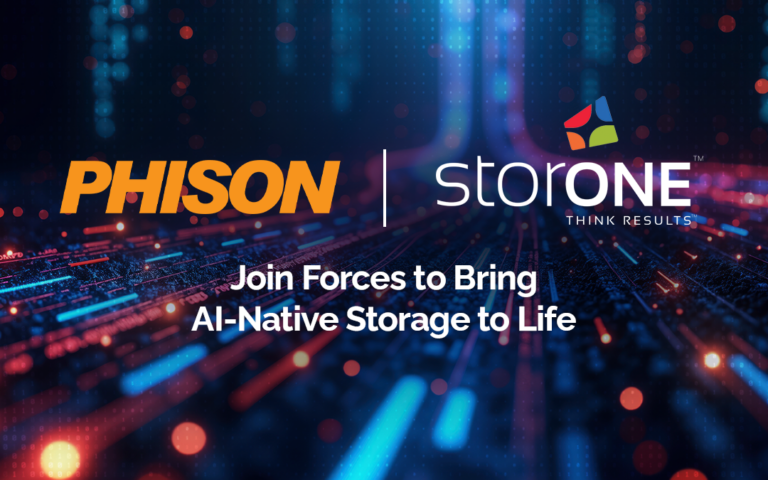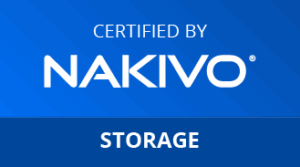Rethinking HPC Archives: Bridging Speed, Capacity, and Innovation
In the realm of High-Performance Computing (HPC), the importance of efficient, scalable, and secure archive systems is paramount. These systems do not merely serve as data repositories; they are essential components that ensure the longevity, integrity, and accessibility of valuable data. The evolving demands of HPC environments, characterized by immense data volumes and the need for rapid data retrieval, necessitate a re-evaluation of traditional archive solutions. This is where innovative approaches, such as those developed by industry pioneers, are reshaping the landscape of HPC archival storage.
Harmonizing Speed and Capacity
The challenge of balancing rapid access with the economical storage of massive datasets has long been a conundrum in HPC secondary storage. The ideal solution melds the high-speed data access capabilities of solid-state drives (SSDs) with the expansive, cost-effective storage capacity of hard disk drives (HDDs). This blend ensures that even the largest data lakes can be managed efficiently, allowing for quick data ingest and retrieval without compromising on cost or capacity. Such innovations signify a departure from the binary choice between speed and storage, offering a nuanced approach that caters to the dynamic needs of HPC archives.
Elevating Scalability and Economic Viability
Scalability is a critical factor for HPC archives, where data volumes can swiftly escalate to enormous magnitudes. Modern archival solutions address this by providing scalable infrastructure that doesn’t sacrifice performance for economy. This scalability ensures that as the volume of data grows, the archive system can expand seamlessly, accommodating more data without a proportional increase in cost or complexity. This approach not only future-proofs the archive system but also aligns with the budgetary constraints and operational efficiencies vital to HPC environments.
Ensuring Uncompromised Data Integrity
Data integrity and security are non-negotiable in HPC archives, where the data’s value is immeasurable. Advanced features like immutable snapshots provide a formidable defense against data tampering and cyber threats, preserving the sanctity of data over its lifecycle. Coupled with robust replication and high-availability options, these features ensure that data is not only protected but also perpetually accessible, maintaining the continuity of HPC operations even in adverse conditions.
The Imperative for Enhanced Efficiency
Efficiency in HPC archives transcends mere performance metrics; it encompasses the optimization of the entire storage ecosystem to support HPC-specific workflows. Utilizing technologies such as StorONE’s vRAID, an advanced RAID-like feature, along with various configurations and the support for diverse protocols, aims to improve data retrieval speed and reduce operational overhead. By tailoring the archive system to the unique demands of HPC workflows, it’s possible to achieve a level of efficiency that traditional storage solutions cannot match.
Accessibility: The Keystone of Data Utility
In the context of HPC, the utility of data is intrinsically linked to its accessibility. Ensuring that archived data can be quickly and easily accessed is crucial for facilitating data-driven research and decision-making processes. High-performance archival solutions that prioritize accessibility help transform dormant data into a dynamic resource, ready to be tapped for insights and innovation.
The Evolution of HPC Secondary Storage
The transformation of HPC secondary storage is indicative of a broader shift in the approach to data management in high-performance environments. By addressing the multifaceted challenges of speed, capacity, scalability, cost, security, and accessibility, innovative archival solutions are setting new standards for what’s possible. This evolution is not just about enhancing the technical capabilities of archive systems; it’s about reimagining the role of archives in the HPC ecosystem—as active, integral components that empower researchers, engineers, and data scientists to leverage their data to its fullest potential.
As we move forward, the continuous refinement and innovation in HPC archival solutions will play a pivotal role in enabling the next wave of scientific breakthroughs and technological advancements. The future of HPC archives lies in solutions that are not only technologically advanced but also aligned with the core principles of efficiency, scalability, and data stewardship, ensuring that the archives of today are equipped to meet the challenges of tomorrow.





